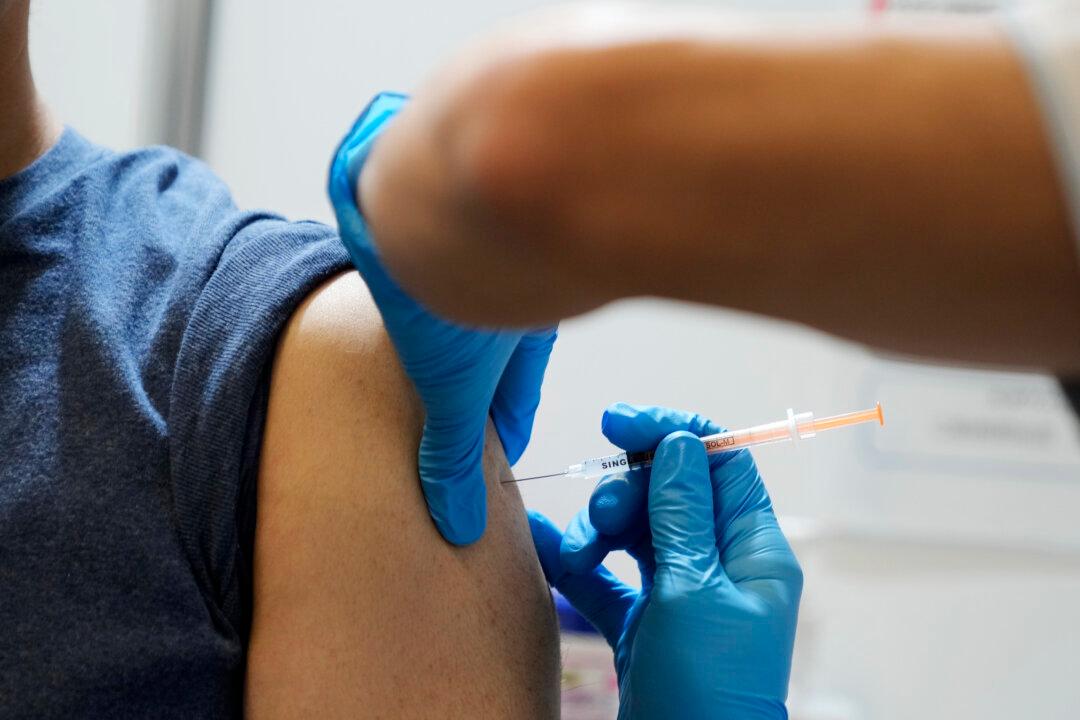Moderna’s updated COVID-19 vaccine booster performs worse against a virus variant that is becoming increasingly prevalent in the United States, the company announced on Nov. 14.
A clinical trial testing the updated booster, which U.S. regulators authorized in August without any clinical data, showed that it provides a higher level of neutralizing antibody titers than the old booster against the variant BA.5, according to Moderna.





